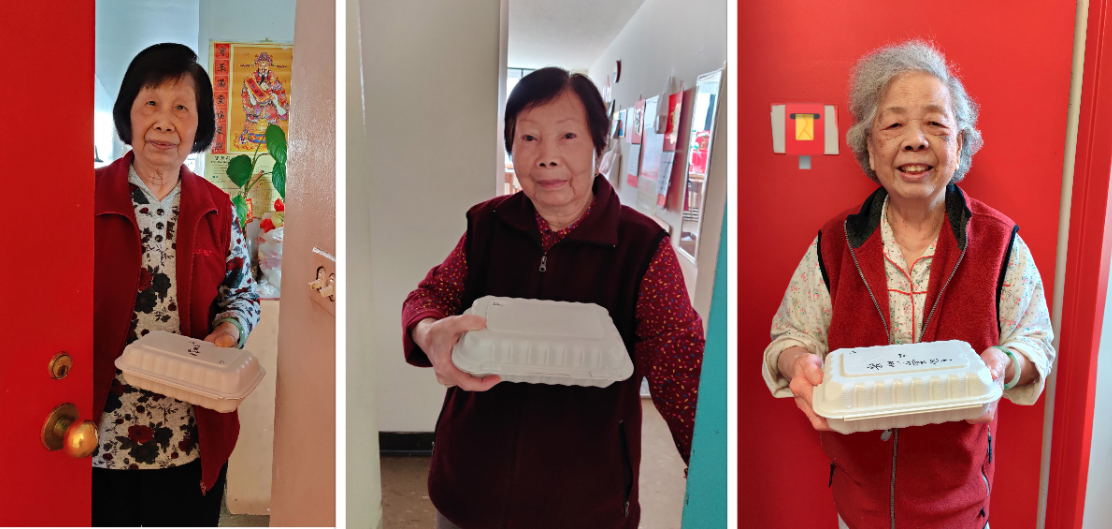How Policymakers Can Support Older New Yorkers During This Crisis

A new report from the Center for an Urban Future features insights for how city and state policymakers can support older New Yorkers during this crisis and includes recommendations from CPC President & CEO Wayne Ho. In total, the report includes recommendations from two dozen senior and human services experts. Ideas include supporting the development of technology to reach socially isolated older New Yorkers, bolstering telehealth services, mobilizing laid-off workers to increase the output and delivery of take-home meals, and developing a central information portal to communicate important updates and resources to seniors and providers. "There was also a clear consensus that the city needs to provide more support to the nonprofit organizations serving older adults, by increasing flexibility and funding contracts at levels that accurately reflect the full cost of service delivery," said the report authors.
Download the report from the Center for an Urban Future here: SUPPORTING OLDER ADULTS THROUGH CORONAVIRUS: IDEAS FROM EXPERTS AND LEADERS ACROSS NYC
See the recommendations from CPC President & CEO Wayne Ho below.
Redeploy laid-off workers to deliver resources, conduct wellness checks, and help prevent social isolation
Because many New Yorkers have lost their jobs recently, there is an opportunity to support these workers while meeting the immediate needs of older adults. During this time, older adults need food, medicine, personal protective equipment (PPE), and other resources, so the city can work with CBOs or through NYC Service to hire these laid-off workers to deliver resources, conduct wellness checks, and help prevent social isolation. The deliveries would have to be done in the safest way possible, respecting social distancing and cleanliness.
Develop virtual intergenerational programming to increase socialization and connection
Another way to combat social isolation and promote wellness would be to develop intergenerational programming between young people and older adults. CBOs would be needed to match young people and older adults. Technology, effective pairings/groupings, language, and other conditions would have to be addressed. For Chinese American older adults, WeChat would be the preferred, known platform.
Expand access to technology and training
Older adults need more access to technology, especially during this time when there are almost hourly updates and lots of misinformation. They need not only hardware and software but also training. This would be important for all older adults, especially immigrants and those with limited English proficiency. These older adults still need assistance translating bills (telephone, rent, utilities, etc.) and now need assistance translating health guidance. Video-conferencing technology is another way to address social isolation, support translation/interpretation, and continue adult literacy programming.

